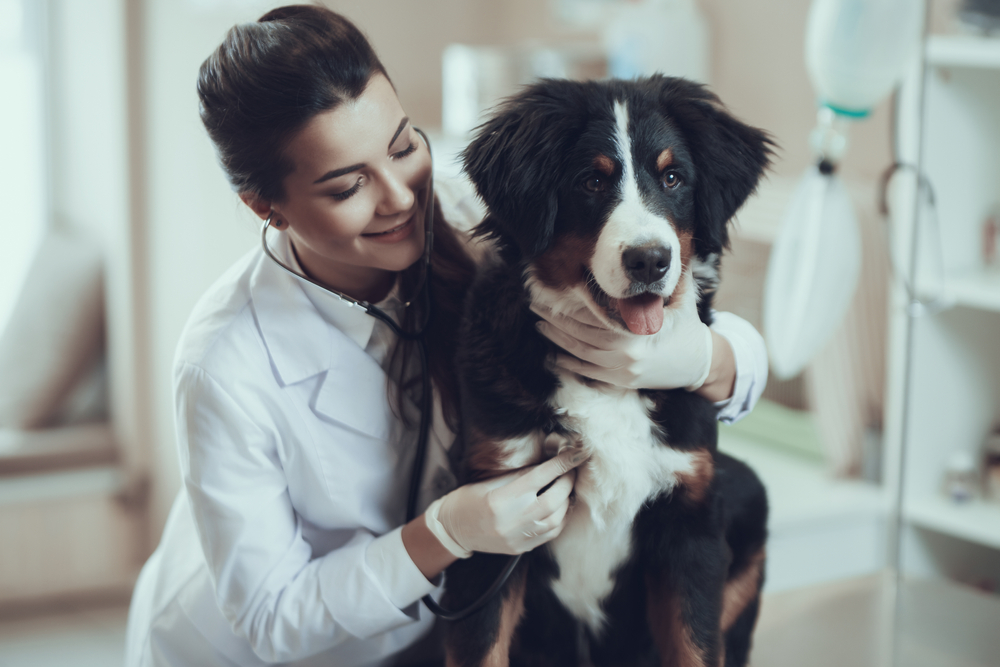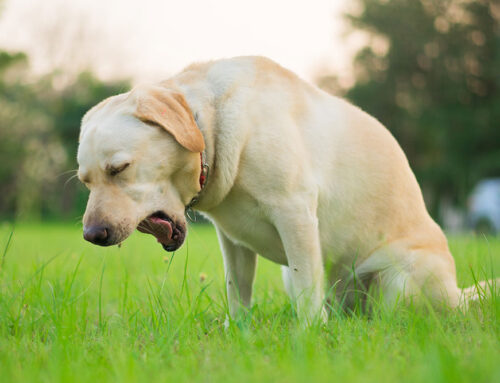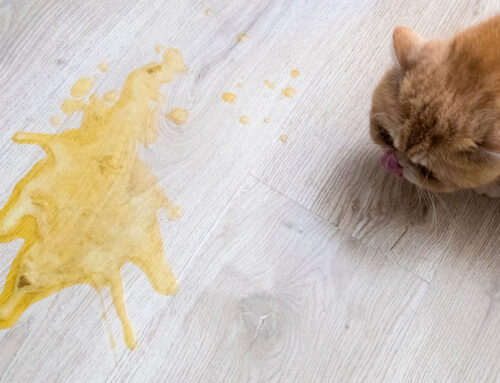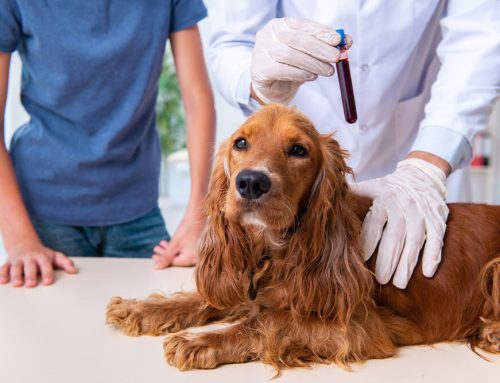To obtain an American Animal Hospital Association (AAHA) accreditation, a practice must meet stringent requirements, encompassing all of veterinary medicine’s aspects. Accredited practices adhere to the highest standards of excellence in the veterinary profession. Our Palisades Veterinary Hospital team is proud to be AAHA accredited and we explain how the designation benefits your pet’s care.
AAHA and the veterinary profession
Seven veterinary professional leaders founded AAHA in 1933 to promote high-quality veterinary practice standards through accreditation and other initiatives. State veterinary licensing boards do not require animal hospitals to be AAHA accredited, and standards vary among the states. AAHA developed their standards of excellence to demonstrate exceptional quality of care for pets, and unify veterinary practices. Approximately 15% of veterinary practices in the United States and Canada hold this designation.
How a veterinary practice attains and maintains AAHA accreditation
AAHA accreditation is voluntary. Veterinary practices that choose to undergo the accreditation process strive to meet a high standard of care. To obtain accreditation, a veterinary hospital must meet or exceed approximately 900 veterinary standards beyond standard state licensing requirements, a rigorous process that takes about two to six months to complete. To maintain their accreditation status and ensure they are meeting new and existing standards, each AAHA-accredited practice must undergo re-evaluation every three years. AAHA-accredited practices must meet mandatory standards in the following areas:
- Anesthesia
- Dentistry
- Emergency and critical care
- Human resources
- Laboratory
- Medical records
- Pain management
- Patient care
- Pharmacy
- Surgery
AAHA standards of pet care

Veterinary experts developed AAHA’s standards and they continuously update these requirements to ensure accredited practices are at the forefront of the profession. AAHA-accredited standards of pet care include:
- Patient care — A licensed veterinarian must have authority, supervision, and approval of all patient care decisions.
- Facility — The veterinary facility must meet AAHA standards, including appropriate protocols guiding facility usage, maintenance, supplies, and equipment.
- Services — Unless an emergency clinic, the practice must be full-service, offering dentistry procedures under anesthesia, high-quality on-site diagnostic imaging, and surgery services.
- Surgery — A licensed veterinarian must perform all surgeries in a surgical suite that is solely used for surgical purposes.
- Laboratory — Services, such as hematology, serology, microbial cultures, and toxicology, must be provided in-house or by an outside laboratory.
- Emergency services — The practice must provide emergency services or referral to an appropriate practice 24 hours per day, seven days per week.
- Anesthesia — Only a licensed veterinarian or a trained professional under veterinary supervision on the premises administers anesthetic agents. Ventilation assistance must be readily available and used as needed. In addition, when under anesthesia, a pet must be monitored using equipment such as a respiratory monitor, pulse oximeter, blood pressure monitor, continuous electrocardiograph monitor, or esophageal stethoscope.
- Pain management — Every patient’s pain must be evaluated regardless of the presenting complaint, and pain management must be provided based on the anticipated pain level and duration. This also applies to all surgical procedures.
- Oxygen — The practice must be able to administer oxygen to compromised pets through the use of nasal cannulas, oxygen cages, and oxygen tents.
- Pet holding areas — Cages, runs, and exercise areas must be secure, escape proof, in good condition, and easily and adequately cleaned in relation to the caseload.
How a pet benefits from AAHA-accredited care
When you choose an AAHA-accredited veterinary practice, such as Palisades Veterinary Hospital, you know that the veterinary team is committed to providing the best possible care to your pet. AAHA-accredited care benefits your pet in several ways, including:
- Comprehensive medical care — Our team will perform your pet’s thorough nose-to-tail examination at every visit to assess your furry pal’s overall health, providing optimal veterinary care and helping ensure your pet’s longevity.
- Preparedness — Whether your pet needs emergency treatment or a routine wellness examination, our experienced veterinary professionals are prepared to provide the care your pet needs when they need it.
- Attentiveness — Our AAHA-accredited team provides exceptional service, and we are attentive to your concerns. Our goal is to exceed your pet care expectations.
- Cleanliness — Appropriate hygiene is imperative to prevent disease spread, and our sanitation standards are exemplary.
- Attention to detail — Meeting AAHA standards means our team pays close attention to detail at every step in your pet’s care.
- Pain management — Our team is experienced in evaluating our patients’ pain, and we provide the appropriate medications and techniques to ensure your pet’s pain is managed appropriately.
- Medical records — Appropriate recordkeeping is vital to maintaining a patient’s accurate medical history. By meeting AAHA-accreditation standards in this area, our team knows your pet’s previous veterinary visit details, which help guide our diagnosis and treatment of their current issue.
- Team training — Our team receives training in essential veterinary medical fields, so we can offer your pet the most up-to-date treatment strategies.
AAHA-accredited veterinary practices provide pets with the best possible care. If your pet needs veterinary attention, contact our AAHA-accredited Palisades Veterinary Hospital team, and we will exceed your pet care expectations.








Leave A Comment